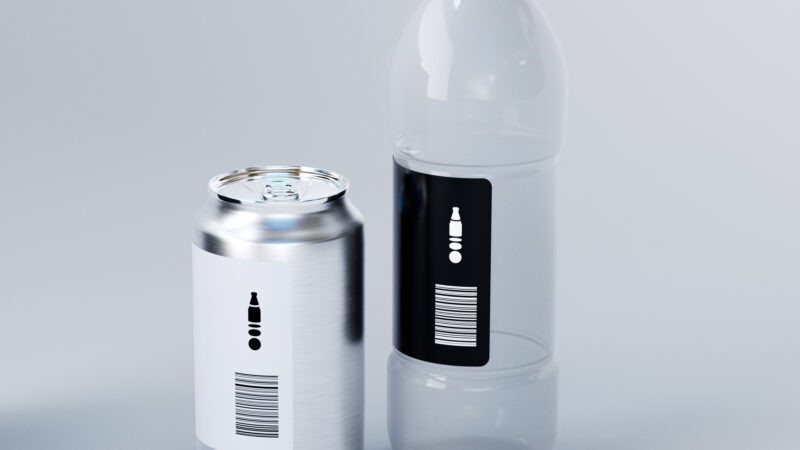UK inflation rises to new 40-year high

UK inflation rose to a fresh four-decade high in May after broad increases in the cost of everything from fuel and electricity to food and beverages.
The rate accelerated to 9.1pc, from 9pc a month earlier, the Office for National Statistics said.
Retail prices climbed more than expected to 11.7pc, and there were also more signs of inflationary pressures building at the wholesale level, with raw material costs increasing the most on record.
While the jump was smaller than seen in recent months, the figures still underline the scale of inflation crisis facing the UK. Matters will get worse later this year when another energy price hike kicks in, with the Bank of England forecasting price gains will surge above 11pc in October.
The increase was driven by rising prices for food and non-alcoholic beverages, which formed a stark contrast to falls a year ago. Rising electricity and gas and other fuel prices, motor fuels and second-hand cars were also big contributors to the headline figure.
The cost of goods leaving factories rose 15.7pc from a year ago, a full percentage point stronger than expected and the most since 1977.
Raw materials prices jumped 22.1pc, also more than expected and the most since records started in 1985.
The runaway inflation rate is setting the backdrop for a tumultuous summer for the central bank and Prime Minister Boris Johnson’s government. About 60% of adults report spending less on non-essential items in response to rising costs.
Sunak said that “fiscal policy which doesn’t add to inflationary pressures” will be part of the solution, a signal that the government will keep a tight rein on pay settlements with public-sector workers.






